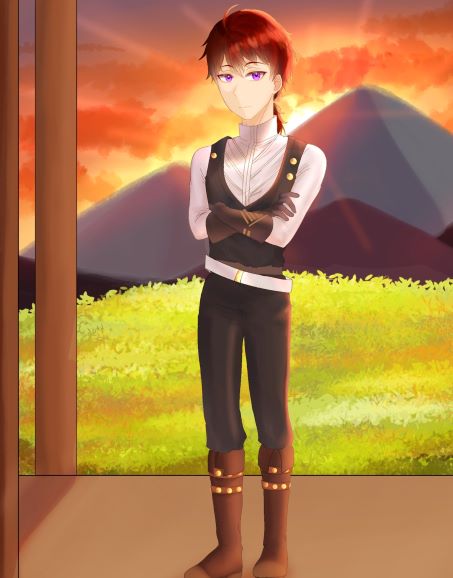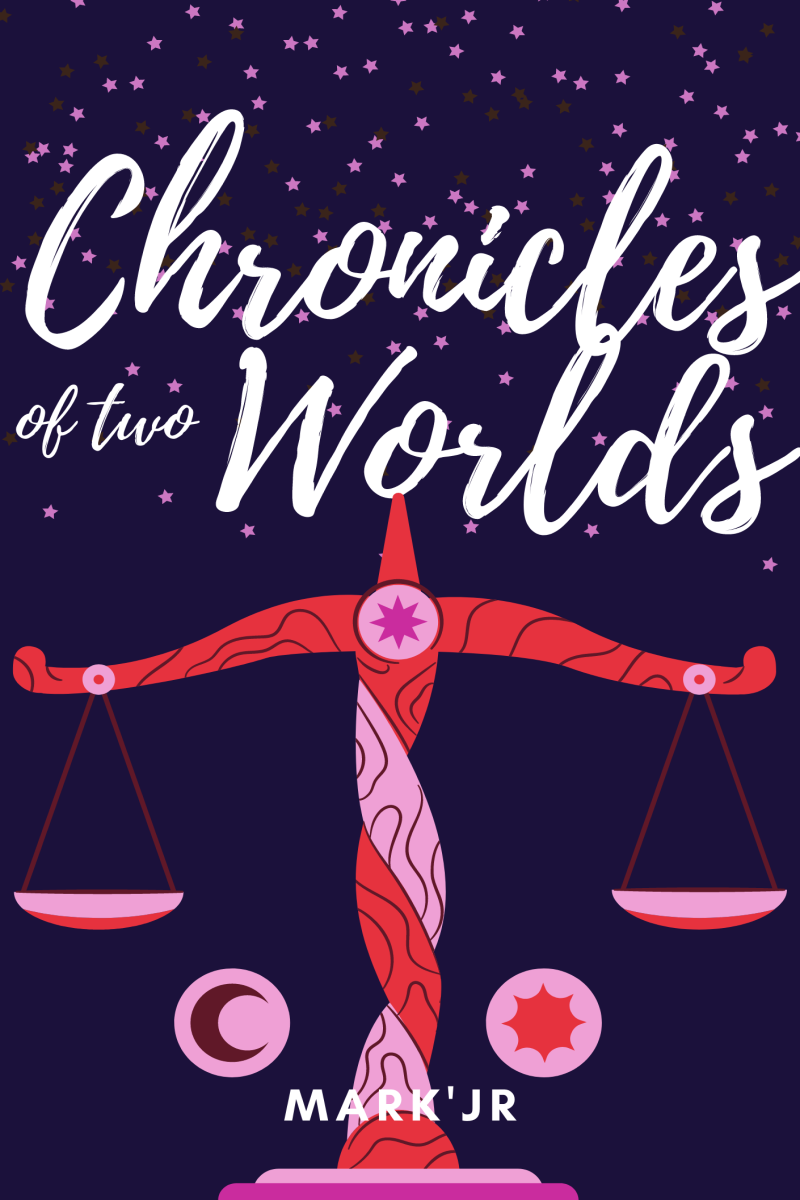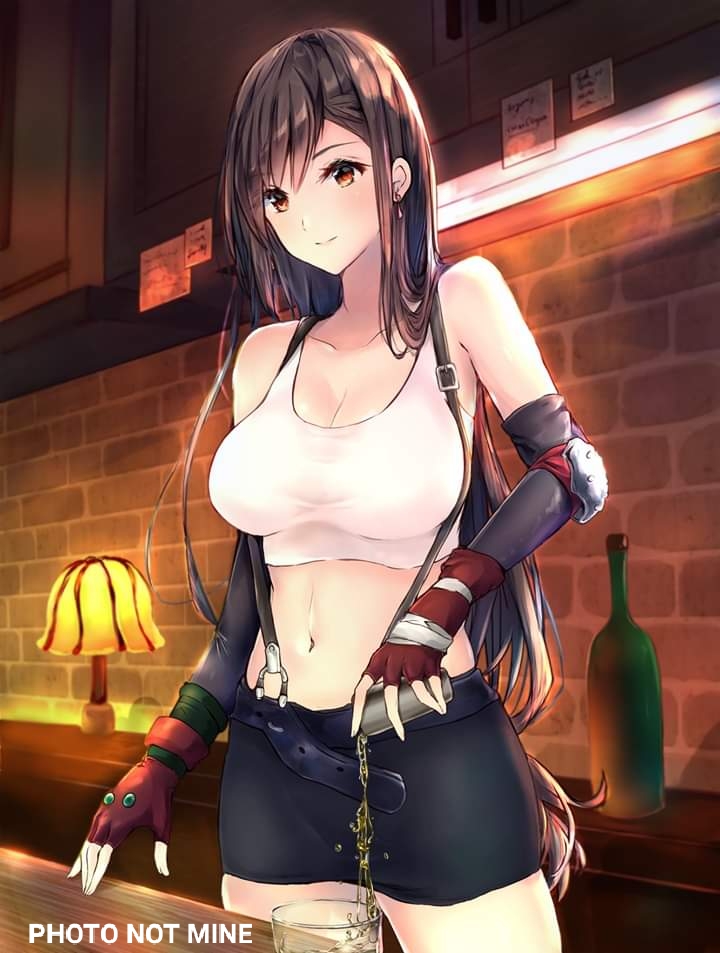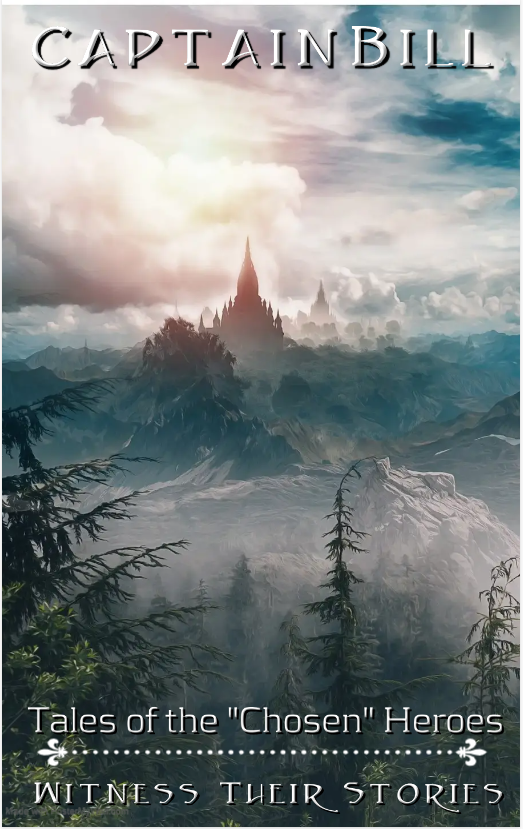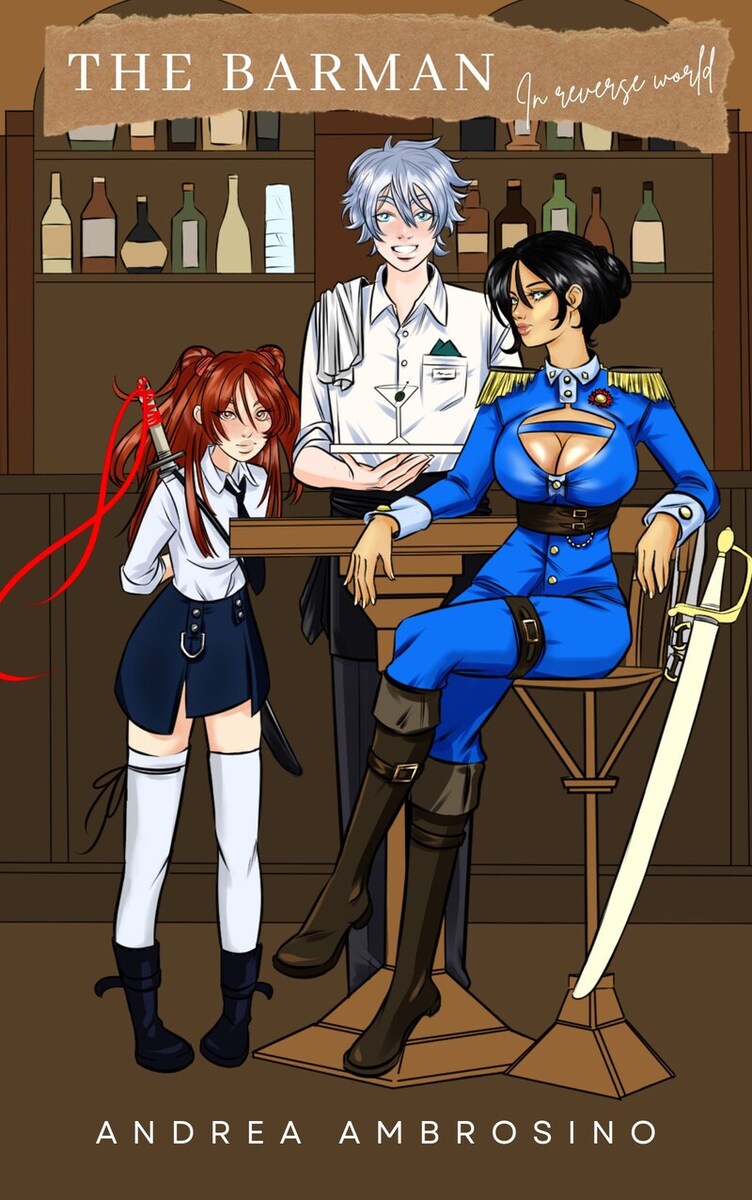Matteo sat aboard the transport truck, butt on the transport seat, as he struggled to watch the unfolding siege. For minutes on end, batteries across the coast lit in flashes of white, yellow, and orange; cast a haze of smoke and gunpowder that obscured the shore and water. The shield fluctuated—rippled dramatically—with each blast, but showed no sign of collapsing.
“Can this go on?” the young corporal asked the radio operator, Simone Meneghin, who watched beside him.
“They have thousands of shells stockpiled,” the operator said. “It could go on all day.”
“Will—Will they really hold out?” Matteo asked.
Meneghin frowned. “I’d bet money on it,” he said, his expression fouling by the second. “At this rate the alternative would be….” The operator’s eyes popped open; Matteo turned his head.
The shield flickered, pulled up from the ground, and gathered in an orb above Vultheras’ iconic clock tower. It appeared to undulate, or bubble, in its instability; each eccentric bump caused a flash that pained the eyes. Yet, the orb drew Matteo’s attention, like a victim bound by sleep paralysis. So much as he wanted to turn his head, he could not summon the strength.
“What’s… happening?” he asked Meneghin.
“Could it be Mathematzen?” the operator seemed to ask.
The clouds that churned far above Vultheras began to descend, and as they swirled down, an arc of blue lightning bridged the orb with the sky. By that flash, the orb disappeared, and arcs of blue lightning tangled among the clouds; spread from the city to beyond the mountains.
“I’m about to tell you something,” Meneghin said. “And when I say it, you do it; don’t over think it, don’t second guess it; do it. Understand?”
Why am I quivering? Matteo wondered, looked down at his jittering palm, bumped against the barrel of his rifle. The shield was broken, the battle is going our way, and yet… and yet… I’m so afraid.
“Matteo!” Meneghin shouted.
The air… tastes like copper. I can’t smell the rain; I can’t smell anything. These sounds, they’re mixed in my ears. My heart is beating, louder and louder. I’ve felt this way before, but… when?
Lieutenant Benasso rounded the back of the truck, glanced between Matteo and Meneghin. “What’s with those looks?” he asked with a smirk. “We just took down that shield! Show some smiles, we’re about to win this war.”
Thunder quaked the sky and the storm above turned black. Nine beams of lightning, each at least one hundred feet across, fell around Vultheras; one for each of the city’s nine arms. Then, they moved, swung like a pendulum, or a sword. Slow at first, they quickly gained speed as they sliced the water, and then deep through the shore.
The land was split before them and all was melted in twain, turned to ruin in chasms of blazing fire. Matteo blinked, and the beams flashed past their convoy; struck the mountains and broke their peaks, before they disappeared into the clouds. Sounds filtered back through Matteo’s ears. He heard the rumble of distant avalanches, the thunder of a furious storm, and so much confusion. The rain came pouring down.
“By Achlesial,” Benasso said, held his hat tight on his head.
Meneghin looked stunned, at a loss for words.
Matteo forced himself to breathe—fill his fearful lungs—as he stared toward Vultheras, a city then obscured by the rain. “Was that… magic?” he wondered aloud.
Voices crackled through the radio and Meneghin raised the receiver. “4th company, we’re safe and mobile, over,” he said.
“Cohenburg…” Benasso said in disbelief.
Matteo looked southward, down the hill. The town that was their forward headquarters was up in flames, its municipal courthouse gone—annihilated—in the chaos.
“Who’s in command, over?” Meneghin asked, paused, then pressed down a switch. “The major? The colonel? Cohenburg is gone? Speak clearly, over.”
“Sir!” Denato shouted, came running from the lead truck.
“Report,” Benasso said loudly with an air of seriousness.
“The major wants to swing around the hill,” he said. “Forget the invasion, they need us at Cohenburg; his words, sir!”
Benasso reached his hand past the side of the truck, appeared to pat Denato on the shoulder. “Heard loud and clear, get onboard,” he said, pulled on the corporal.
Denato clambered onto the truck; Zanon and Medati were right behind him. Benasso walked out of sight, behind the side. “Saddle up 2nd!” he yelled. “We’re gonna save some lives, let’s go!”
Matteo clutched his rifle, his anchor in troubled waters. He listened to the shouting of lieutenants and sergeants, the scramble of boots through mud, and the start of truck engines. The boy sniffed the air and found he still couldn’t smell, not the exhaust from the tailpipe, not the copious rain, or his own sweat.
Boom!
Matteo bounced forward. Denato cringed in pain and held his head. Medati snapped to their feet, leveled their rifle. A hand grabbed Matteo by the arm, and the boy caught the glare of the sergeant’s muzzle flash, but he couldn’t hear anything past the ring in his ears.
He was pulled—thrown—off the back of the transport truck. While he turned through the air, his eyes met with those of the radio operator, Meneghin. Black hair, blue eyes, olive skin, a scowl creased on his face; Matteo’s eyes drank of his angry expression as Denato crumbled, Zanon turned up from his seat, Benasso turned around, and the radio pack tumbled from the truck.
Time slowed to crawl.
He didn’t think anything of the Meneghin, except that he was a little strange. They had known each other for less than a day, and in that time had one conversation.
Why? Matteo wondered. Why are you telling me to run?
Esidoro Denato was short, even at his young age, with brown eyes and blonde hair stuffed under his wool cap. Manzu Zanon was built like a tank, tall and round around the belly, with short black hair and piercing blue eyes. Ilario Medati had green eyes, a loud—but comforting—voice, and looked quite valorous in his greatcoat, with his rifle firm in his grasp. Lucas Benasso, who seemed so affable with his youthful looks and charming disposition, had a bright yellow-stained smile and accent that brought Matteo home, to the wind-swept fields of the Highlands. Matteo still hadn’t thanked him for saving his life.
Back then, Lucas looked so confident; now, he was so afraid.
Why am I noticing these things?
In time, he could have come to enjoy their company. Manzu’s level-headed, stoic commentary; Esidoro’s witty one-liners; Ilario’s steady, thoughtful manner; Meneghin, despite his haunted stares, and Lucas, of course. Eventually, Matteo could forgive his mother for sending him to war. He could even forgive his father, for abandoning him, and dying in a tunnel somewhere in the bowels of the earth.
If his father had cared so much, asked about Matteo in every letter, why had he left? Why did he never return? Why did he die? The farm struggled, Matteo’s mother cried, and his brothers withered as breakfasts of bread turned to mere grains. The chain that began with his father’s death, that led to Matteo being offered to the Army, led him here.
If Matteo really focused, closed off his mind and turned his thoughts inward, he could almost hear that distant conversation; what first he heard when he stumbled on his mother and the recruiter on their farm. Suddenly the words, in the stillness of the world, became so clear.
“You’re certain?” the recruiter asked. “You want me to take Matteo?”
“Yes,” his mother answered. “It’s what he would have wanted. If—If there was even a chance of escaping this—”
“Ms. Venturi, I assure you,” the recruiter said, held Matteo’s mother steady by her shoulders. “We haven’t forgotten what your husband did for us across the hillocks; what he did for us all. Matteo will be treated very well. I’ll see that he’s shipped into a reserve company and he never sees a battle. There’ll be food, medics, clothing, and decent pay; I promise, he’ll come out of service stronger.”
Why am I remembering this now? Matteo wondered. What’s the point in remembering this now?!
How is Matteo? What is he doing? Is he eating well? Is he getting along with his brothers? He’s not as smart, not as strong, not as clever, not as fast, not as lucky, but—!
I love him.
Time sped up, Matteo landed in the mud, and a steel lance as long as the truck pierced its cab, tipped it on its side. There was a flash, Matteo covered his ears and rolled in the mud. Boom! Shreds of wood and burning metal punctured the road. The boy’s ears rung like mad, but as he turned his head up in a daze, he saw soldiers scramble from the next truck behind him. They had their rifles out, but they weren’t taking position—they weren’t firing—they were running.
Crash! A giant fell on the transport, crushed its cab beneath its thick legs. Matteo’s eyes analyzed it; twelve-feet tall, unpainted steel, with a huge sword clamped to its broad shoulders. The boy’s eyes opened wide, for he saw a man jockeyed on the giant’s back. The rider turned to look at Matteo, and the giant turned its head to match.
The Echokhetan rider had a smile on his face; not one of glee, or madness, but excitement. Their heart pounded and their blood burned with a thrill for the battlefield. The machine—hollow eyes blue and bright with mana—wore a mask like a twisted mirror: The steel visage of a grinning skull.
With a step, or a slash of the sword, Matteo would die. He knew he would definitely die. But, after the rider appeared to examine him in his black eyes, he turned away. The machine un-clamped its sword and swung it through the back of the truck, split it in two. It dismounted from the cab, stuck its feet deep in the mud, and turned its head. Its jaw unhinged, its mask split open, and a dazzling blue beam fired from its maw. It melted through all the transports in the convoy, turned them red with molten metal—inflated by the heat—until they burst into flames.
Soldiers were on fire, coated in burning slag. They stumbled off the road and into the tall, green grass. They dropped in the mud to put out the flame that burned to their bones. One young man, in their confusion, ran past the machine’s leg with fire crawled up his back. The machine swung its cleaver down, chopped him apart. Blood splashed across the mud. Matteo gagged and vomited in a puddle.
Lanius, Matteo thought. Lanius! It’s a butcher!
The boy, spit and bile dripping from his lip, pushed himself up from the ground. On his weak, trembling legs he ran; off the road and into the grass he stumbled, toward the second convoy one field down the hill. Run! he told himself. Run! he cried, tears in his eyes. He didn’t stop to see if anyone else made it. He didn’t stop to see if Lucas was alive. Through the ring in his ears, he heard screams, explosions, and the pop of futile gunfire.
Guns can’t stop that thing! Nothing can stop it!
The 4th company was gone, but perhaps their sacrifice bought the 5th and 6th time to mount a counter attack. Down the hill, the two rows of convoys dismounted with their rifles. The tanks rumbled and turned their turrets. A shell was fired! Muzzles flashed! Bullets whizzed past Matteo’s ears. He waved, shook desperately his hand so they wouldn’t put a bullet in his stomach.
The blue beam swept left, over Matteo’s head, melted through the second convoy in one pass. Fuel and ammunition popped off at once, went up with the tank in a ground tearing roar. Matteo crossed his arms in front of his face, slipped on the grass; he was blown off his feet and onto the ground.
“Sir!” he heard, through the ring; the pain in his ears. “Sir, sir! Are you okay?!”
Matteo stirred from the hard ground, brushed pieces of mortar and concrete from the black and gray camouflage of his shoulder. He unzipped a black covering over his chest, punctured by shrapnel, and checked the underlying armor. There was no penetration.
“Sir!” the voice said again, extended a hand.
Matteo grabbed it, leaned into the pull as a man hoisted him onto his feet. They were in the shadows, in the dim light of the evening sky, under the cover of a low concrete overhang. Beside them were stacks of sandbags, and all around were debris, twisted rebar and chunks of concrete. A battle raged—rung in Matteo’s ears—where soldiers in the same camouflage fired machine guns mounted on the sandbag wall.
“Alex, right?” the man asked. He was olive skinned, blue eyed, with black hair visible beneath his ceramic-composite helmet. There was a machine gun low in his arm, holes punched in the plate of his chest armor, and his magazine pockets looked empty. But, there was a smile on his face.
“Alex!” Matteo shouted over the blast of fixed howitzer. In case his words failed to reach, he agreed with a nod.
“They said you’d be young!” the soldier shouted over the blast of a nearby explosion. “Welcome to Firebase Broadsword, last base in the Pacific Northwest! Welcome to the frontline, sir! Here’s where we humans stop running—!”
“Here’s where we start fighting back!”



